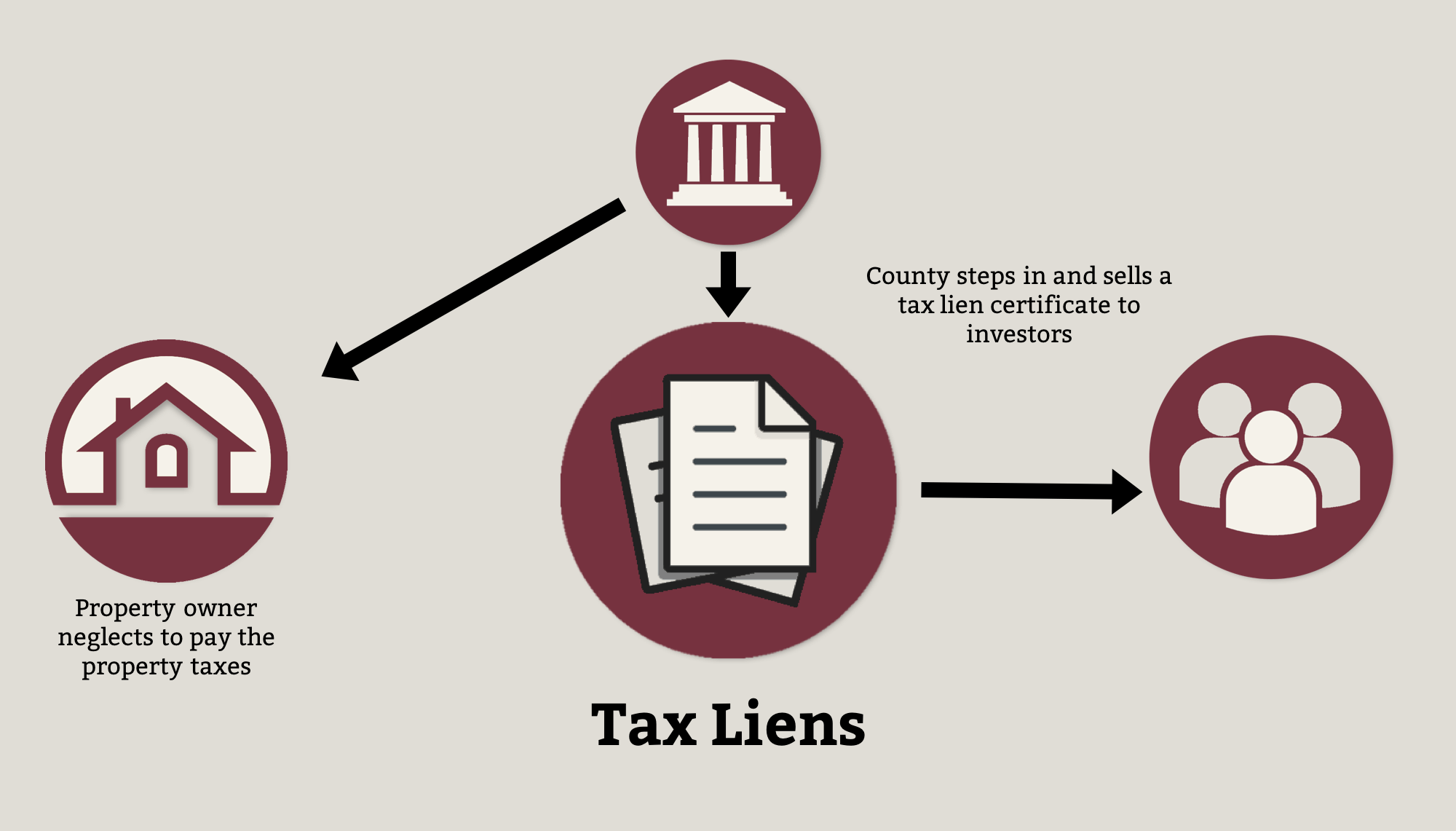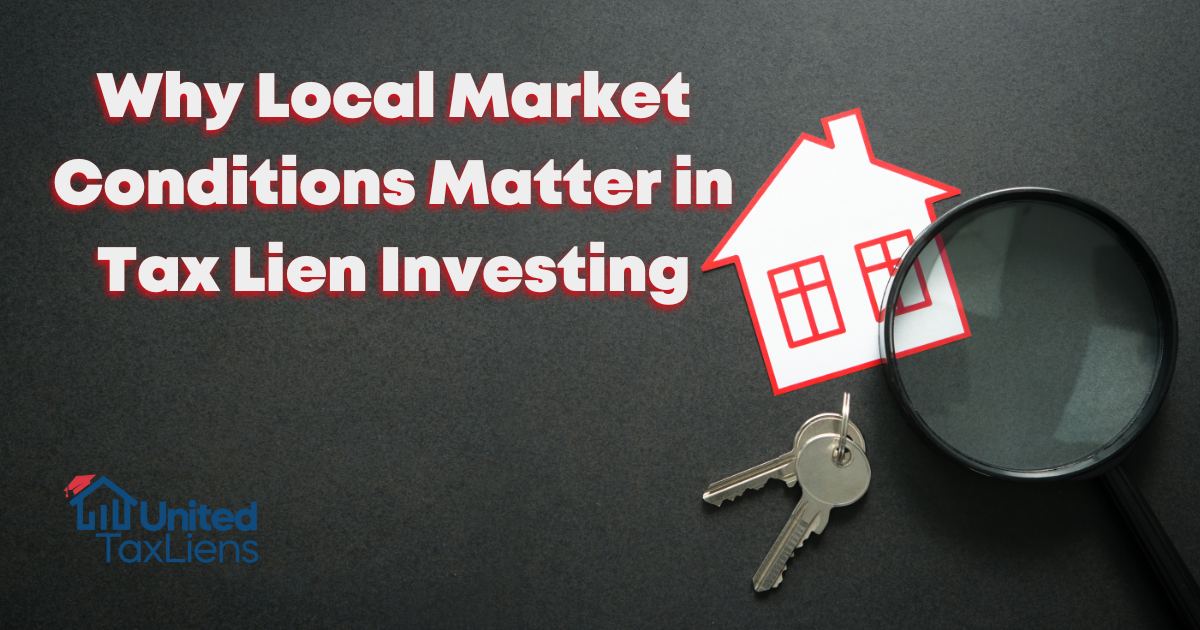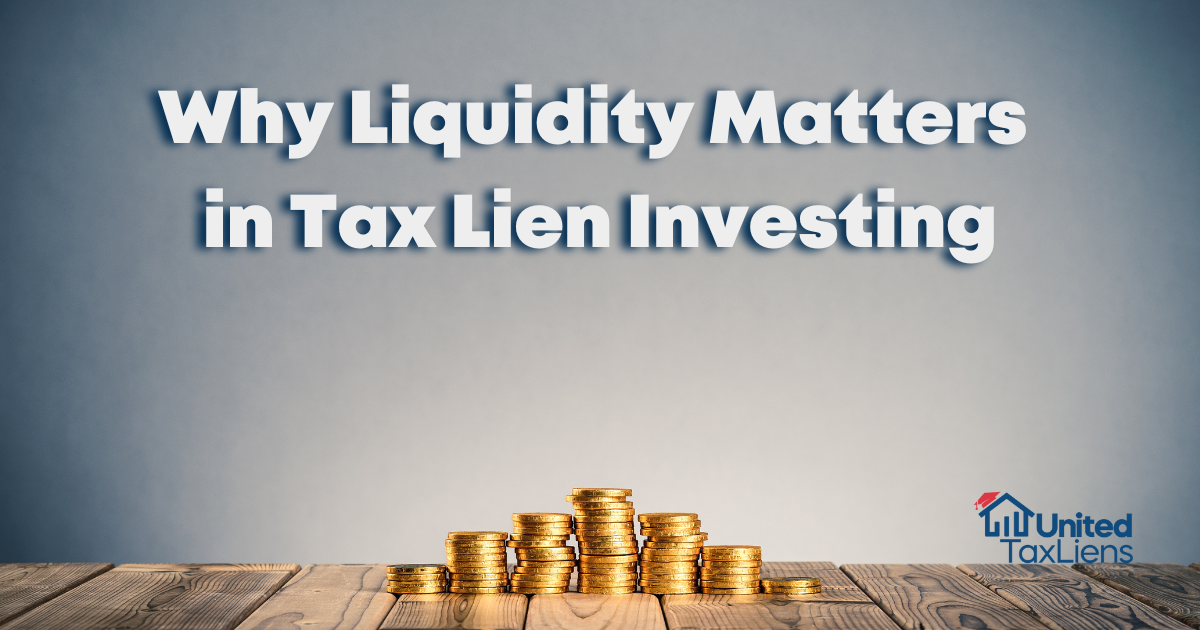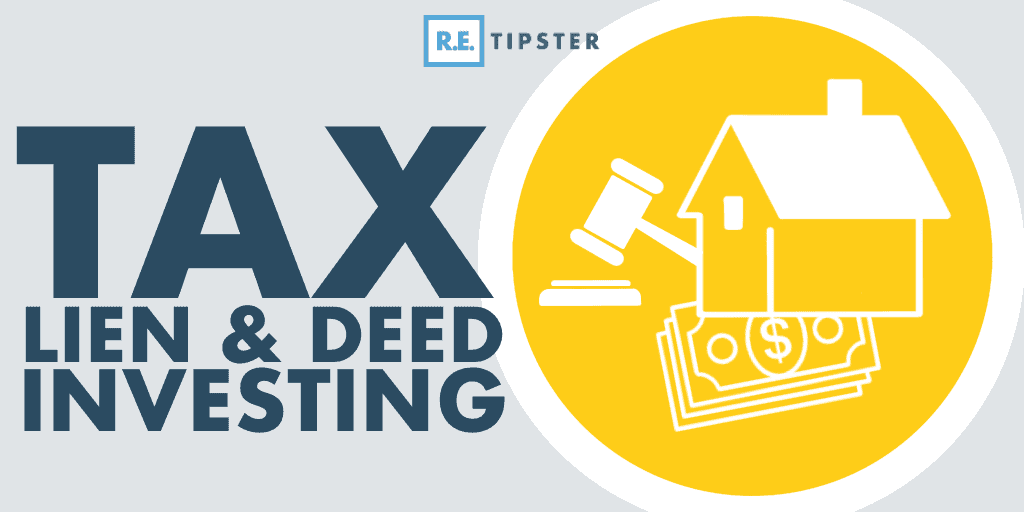All Categories
Featured
Table of Contents
If the home owner pays the interest and fines early, this will decrease your return on the financial investment. And if the homeowner declares bankruptcy, the tax lien certificate will be secondary to the home loan and federal back tax obligations that are due, if any. Another threat is that the worth of the residential property might be less than the amount of back taxes owed, in which instance the home owner will certainly have little reward to pay them.
Tax obligation lien certificates are generally marketed using public auctions (either online or in person) conducted every year by area or community tiring authorities. Offered tax liens are normally published a number of weeks prior to the public auction, along with minimum quote quantities. Examine the sites of counties where you want purchasing tax obligation liens or call the area recorder's workplace for a listing of tax obligation lien certificates to be auctioned.
Investing In Real Estate Tax Lien

Most tax obligation liens have an expiration date after which time your lienholder rights run out, so you'll need to move rapidly to boost your chances of maximizing your financial investment return. Tax lien investing can be a rewarding means to purchase realty, however success requires complete study and due diligence
Firstrust has greater than a years of experience in providing funding for tax obligation lien investing, together with a dedicated group of certified tax obligation lien specialists who can aid you utilize potential tax lien investing opportunities. Please call us to learn more regarding tax lien investing. FT - 643 - 20230118.

The tax obligation lien sale is the last step in the treasurer's initiatives to gather tax obligations on real estate. A tax lien is positioned on every county home owing taxes on January 1 every year and stays until the real estate tax are paid. If the residential or commercial property owner does not pay the real estate tax by late October, the region offers the tax lien at the yearly tax lien sale.
The financier that holds the lien will certainly be informed every August of any kind of unpaid taxes and can support those taxes to their existing lien. The tax lien sale allows straining authorities to obtain their allocated profits without having to wait on delinquent taxes to be collected. It additionally provides an investment chance for the public, members of which can acquire tax obligation lien certifications that can possibly earn an attractive passion rate.

When redeeming a tax lien, the residential property proprietor pays the the overdue tax obligations along with the overdue passion that has built up versus the lien given that it was cost tax sale, this is credited to the tax obligation lien owner. Please contact the Jefferson Area Treasurer 303-271-8330 to acquire payback details.
Invest In Tax Liens
Residential property ends up being tax-defaulted land if the real estate tax remain unsettled at 12:01 a.m. on July 1st. Residential property that has actually become tax-defaulted after five years (or 3 years when it comes to home that is also based on a nuisance abatement lien) comes to be based on the area tax obligation enthusiast's power to offer in order to please the defaulted residential property taxes.

The area tax enthusiast might offer the property offer for sale at public auction, a secured proposal sale, or a worked out sale to a public agency or qualified not-for-profit company. Public public auctions are one of the most usual method of marketing tax-defaulted residential or commercial property. The public auction is performed by the area tax collection agency, and the residential or commercial property is marketed to the greatest prospective buyer.
Secret Takeaways Browsing the world of actual estate financial investment can be intricate, however comprehending different investment possibilities, like, is well worth the work. If you're wanting to diversify your portfolio, buying tax liens may be an option worth exploring. This overview is designed to assist you understand the basics of the tax obligation lien financial investment approach, assisting you via its process and assisting you make notified choices.
A tax lien is a lawful insurance claim enforced by a government entity on a building when the owner stops working to pay residential or commercial property taxes. It's a method for the federal government to guarantee that it collects the necessary tax obligation earnings. Tax obligation liens are attached to the property, not the individual, indicating the lien remains with the residential or commercial property despite possession modifications until the debt is removed.
Tax Lien Investing Strategies
Tax obligation lien investing is a type of actual estate investment that includes buying these liens from the government. When you invest in a tax obligation lien, you're essentially paying someone else's tax obligation financial obligation.
The regional government then puts a lien on the property and might ultimately auction off these liens to investors. As an investor, you can acquire these liens, paying the owed tax obligations. In return, you get the right to gather the tax obligation financial debt plus passion from the residential or commercial property proprietor. This passion rate can vary, but it is commonly greater than typical savings accounts or bonds, making tax lien spending potentially lucrative.
It's important to carefully weigh these before diving in. Tax obligation lien certificate spending offers a much reduced capital demand when compared to various other kinds of investingit's possible to delve into this possession course for as low as a pair hundred dollars. Among one of the most considerable draws of tax lien investing is the potential for high returns.

In many cases, if the homeowner fails to pay the tax financial debt, the investor may have the opportunity to seize on the home. This can potentially result in obtaining a building at a portion of its market value. A tax obligation lien frequently takes concern over other liens or home loans.
This is because, as the initial lien owner, you will certainly be called for to purchase any succeeding liens. (New tax obligation liens take priority over old liens; sad however real.) Tax obligation lien investing involves browsing lawful treatments, particularly if repossession ends up being needed. This can be daunting and may need lawful assistance. Redemption Durations: Building owners generally have a redemption duration during which they can settle the tax obligation financial obligation and interest.
Competitive Public auctions: Tax lien auctions can be highly affordable, specifically for residential properties in preferable areas. This competition can drive up costs and possibly lower total returns.
Tax Lien Investing Pros And Cons

While these processes are not made complex, they can be shocking to new capitalists. If you have an interest in getting going, assess the complying with actions to buying tax obligation liens: Beginning by informing yourself concerning tax obligation liens and how realty public auctions function. Understanding the legal and economic intricacies of tax lien investing is vital for success.
Table of Contents
Latest Posts
Properties Behind On Taxes
Homes For Sale For Unpaid Taxes
Tax Deed Foreclosure
More
Latest Posts
Properties Behind On Taxes
Homes For Sale For Unpaid Taxes
Tax Deed Foreclosure